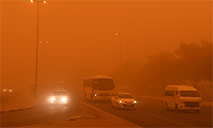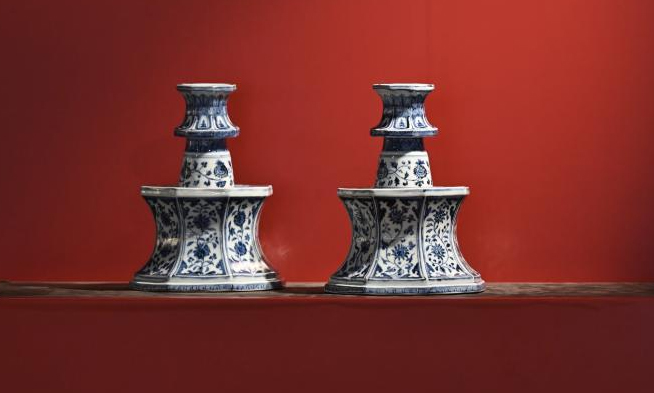Chinese envoy warns against double standards on protection of civilians in armed conflict
UNITED NATIONS, May 26 (Xinhua) -- A Chinese envoy on Wednesday warned against double standards on the protection of civilians in armed conflict and the denial of the leadership of the countries concerning this issue.
Parties to conflict are obliged by international law to protect civilians. However, to this day, countless civilians have been falling victim to armed conflict. The harsh reality serves as a reminder that the international community must continue to make unremitting efforts, said Dai Bing, China's deputy permanent representative to the United Nations.
There is a need for parties to armed conflict to strictly abide by international law and international rules. All parties to conflict must refrain from harming innocent civilians and civilian facilities, prioritize protecting vulnerable groups such as women and children, and provide safe, unimpeded humanitarian access, he told a Security Council open debate on the protection of civilians in armed conflict.
"It must be pointed out that double standards undermine efforts to protect civilians. Protection of civilians applies to all parties in all armed conflicts without distinction. All forms of exceptionalism must be abandoned," he said. "The particular country that has engaged in the largest number of foreign wars and for the longest period of time should do self-reflection."
Dai stressed the need to follow a membership-owned and membership-led approach.
Individual member states bear the primary responsibility for the protection of civilians. The international community should provide targeted assistance to countries concerned to strengthen their capacity in this regard. The Security Council should adjust arms embargoes in light of the developments so as to create favorable conditions for the countries concerned to assume their primary responsibility in the protection of civilians, he said.
The arbitrary freezing and diversion of foreign exchange reserves owned by the countries concerned and the theft of their energy and agricultural resources by some countries have not only deprived the countries concerned of life-saving money for restoring development, but also have indirectly taken away valuable resources for humanitarian aid. The international community should jointly say no to such actions, he said.
The leadership of the countries concerned in the protection of civilians should not be denied just because there have been tragic cases of massive civilian deaths due to ineffective international intervention. Denying the ownership and leadership of the countries concerned will open up a Pandora's box and make it convenient for a few countries to interfere in the internal affairs of other countries or even engage in "regime change" under the pretext of protecting civilians. Such actions could lead to greater civilian suffering, Dai said.
There is also a need to commit to the peaceful settlement of disputes, he added.
All parties to armed conflict should seek to resolve their differences through dialogue, negotiation and other peaceful means, and to support efforts conducive to the peaceful resolution of crises. Following the concept of common, comprehensive, cooperative and sustainable security and upholding the principle of the indivisibility of security, all countries need to work together to build balanced, effective, and sustainable security mechanisms, and strive to create a peaceful and stable international environment, he said.
"It must be pointed out that the current international security landscape has become more volatile with hegemony and power politics prevailing and Cold War mentality and confrontational ideology rising. This will bring more challenges to efforts to the protection of civilians," Dai said. "We urge relevant countries to stop creating divisions and geopolitical confrontation around the world, including in the Asia-Pacific, and stop grouping countries by ideology and coercing other countries to take sides."
Photos
Related Stories
- Chinese envoy calls on int'l community to provide constructive help to Sudan
- Chinese envoy urges countries to increase coordination, stabilize global food market
- China welcomes upcoming visit of UN human rights chief
- Group of Friends of Global Development Initiative holds high-level meeting
- Global Security Initiative offers solution to eliminating peace deficit: Chinese vice FM
Copyright © 2022 People's Daily Online. All Rights Reserved.










